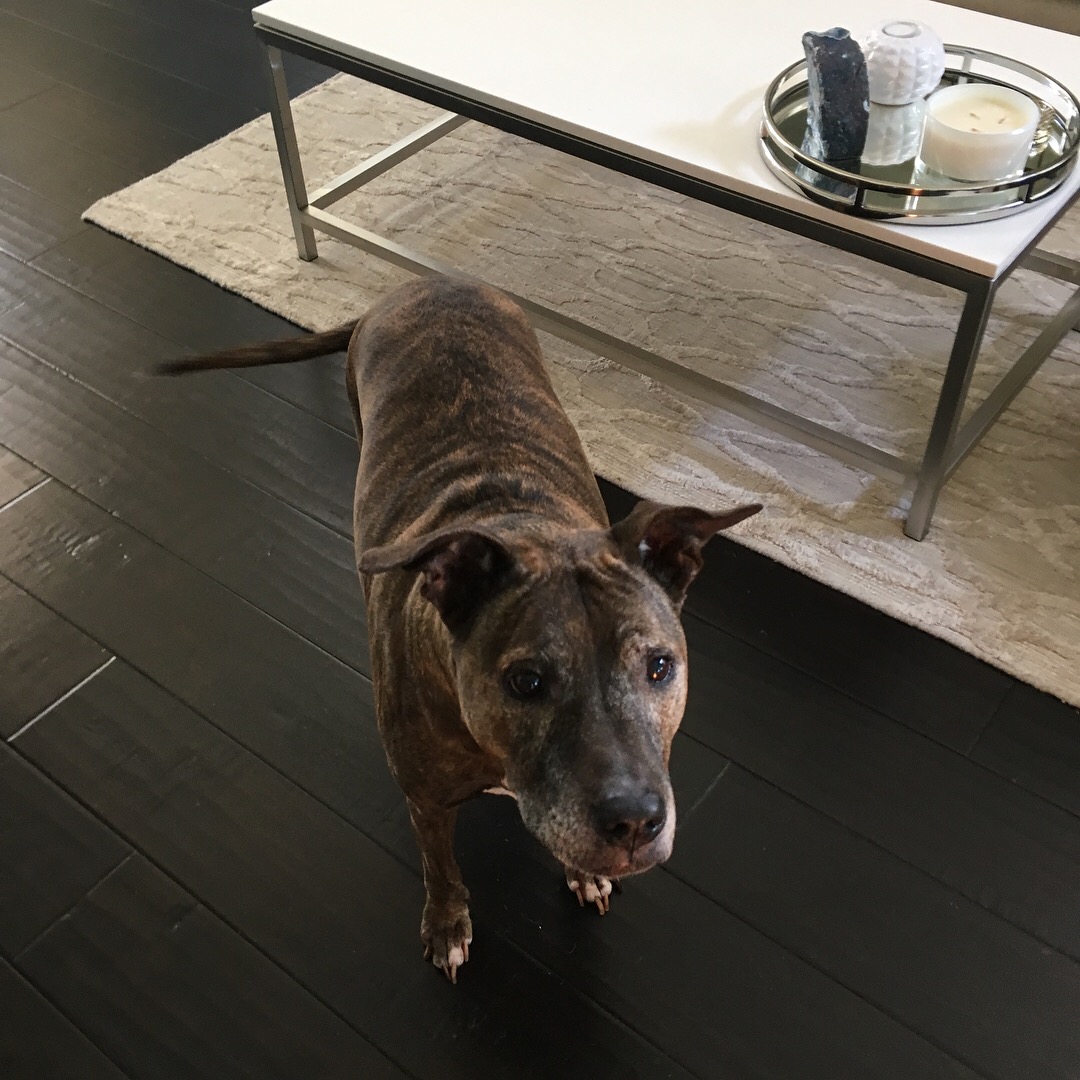Bordetella Vaccine Guide : Everyone wants to keep their dog happy and healthy! Maintaining your pup’s recommended vaccination schedule is one of the best ways to protect them from getting sick. You may have heard of the Bordetella vaccine and how it’s important to have, especially for dogs. But what is Bordetella anyway and should you worry if your pup contracts it? Learn everything you need to know about this vaccination and how it can affect you and your dog.

What is Bordetella?
Bordetella is the medical term for what is commonly known as kennel cough. This highly contagious respiratory infection can be spread as both a virus and through bacteria. Bordetella can affect a dog’s voice box, windpipe, and lungs. Dogs that have contracted bordetella may experience uncomfortable symptoms such as a bad hacking cough, runny nose, low fever, loss of appetite, and extreme lethargy. In most cases, healthy adult dogs will feel ill for a while but will recover from catching bordetella. However, for puppies, older dogs, or dogs with preexisting conditions, Bordetella can be life-threatening. This is because Bordetella can very easily progress into pneumonia which can be very harmful, even deadly, for any pet.

How do dogs get infected with Bordetella?
Your pup is at greater risk for contracting Bordetella if they have any increased close contact with other dogs like through doggy daycare, visiting the dog park, groomers, or a kennel. This is because The Bordetella vaccine for dogs can not only spread through direct contact from dog to dog but also through airborne droplets from an infected dog’s bark and contaminated surfaces like food bowls and toys. Some dogs can also be Bordetella carriers without showing any symptoms of being sick. Pet owners may not be aware that their dog is spreading Bordetella to other healthy pups, which makes it even more important to protect your pet from other dogs in general. It is rare, but there are also recorded cases of humans contracting kennel cough from their dog.
Should my dog get the Bordetella vaccine?
It’s important to note that the Bordetella vaccine is not usually included in the core vaccination schedule that is typically required for all dogs. However, many dog parks, classes, and groomers require that your dog has received the Bordetella vaccine to participate. If your pup will be having any regular contact with other dogs outside of the home, you should check with your veterinarian to see if your pet needs the Bordetella vaccine. Getting this vaccine doesn’t guarantee that your dog won’t contract Bordetella, however, it does drastically decrease the chances that your favorite friend will develop any grave Bordetella symptoms that could be life-threatening. This vaccination is especially important for very young puppies and senior dogs who may already have other health issues. Because the Bordetella vaccine is suggested for dogs of all ages, it typically comes in an injectable version, oral medication, and as a nose spray. This helps veterinarians successfully administer the vaccination in a way that best fits the comfort level of each dog.

How often will my dog need to get a Bordetella vaccine?
It is recommended by the AKC that puppies receive a Bordetella vaccine injection between the ages of six to eight weeks. Then a second injectable booster will be needed about four weeks later or when the puppy is between 10 to 12 weeks old. Make sure to check the vaccination records of your puppy to see if they received the Bordetella vaccine. Only one injection will be needed after they are 16 weeks or older because by then their immune systems will be much healthier and stronger.
Bordetella booster vaccines should be given to adult dogs every six to twelve months. If your dog has other health issues or has frequent contact with other dogs it would be best for them to receive a booster every 6 months just to be safe. Remember, that taking your dog into stores, the office, a friend’s house who also has a dog, or even letting them play with other dogs on daily walks all count as contact. Be honest about your dog’s exposure potential to make sure they are correctly protected.
If your pet rarely leaves the house, stays in your yard, or only has the occasional walk, there will be less risk of exposure to Bordetella. This means that getting a Bordetella booster once a year should be enough to keep them protected. But make sure to prioritize these boosters because even a small interaction through the fence or on a walk between a Bordetella-infected dog and a healthy one can leave both animals sick.
Are there any side effects to the Bordetella vaccine?
After getting a Bordetella vaccine, your dog may seem tired, run a small fever, or experience sneezing/runny nose if they received the nasal spray. These are side effects of your dog’s immune system positively responding to the vaccine. Dogs that receive an injectable Bordetella vaccine may also develop a small bump at the vaccination site and some muscle stiffness in that area. Watch for any swelling or discharge to be safe and contact your vet if any of these mild side effects seem to be lasting for more than a day or two. It is extremely rare, but some dogs can have an allergic reaction to any vaccine which would result in swelling, vomiting, diarrhea, and breathing problems. This reaction usually occurs within minutes to hours after receiving a vaccine. But keep watching your dog for up to two days after any vaccinations just in case.
Thankfully, getting a Bordetella vaccination is almost always a routine experience that will result in only minimal if any discomfort at all!
Talk to your veterinarian about starting a routine Bordetella vaccine schedule. Your pup will thank you for keeping them safe.




























